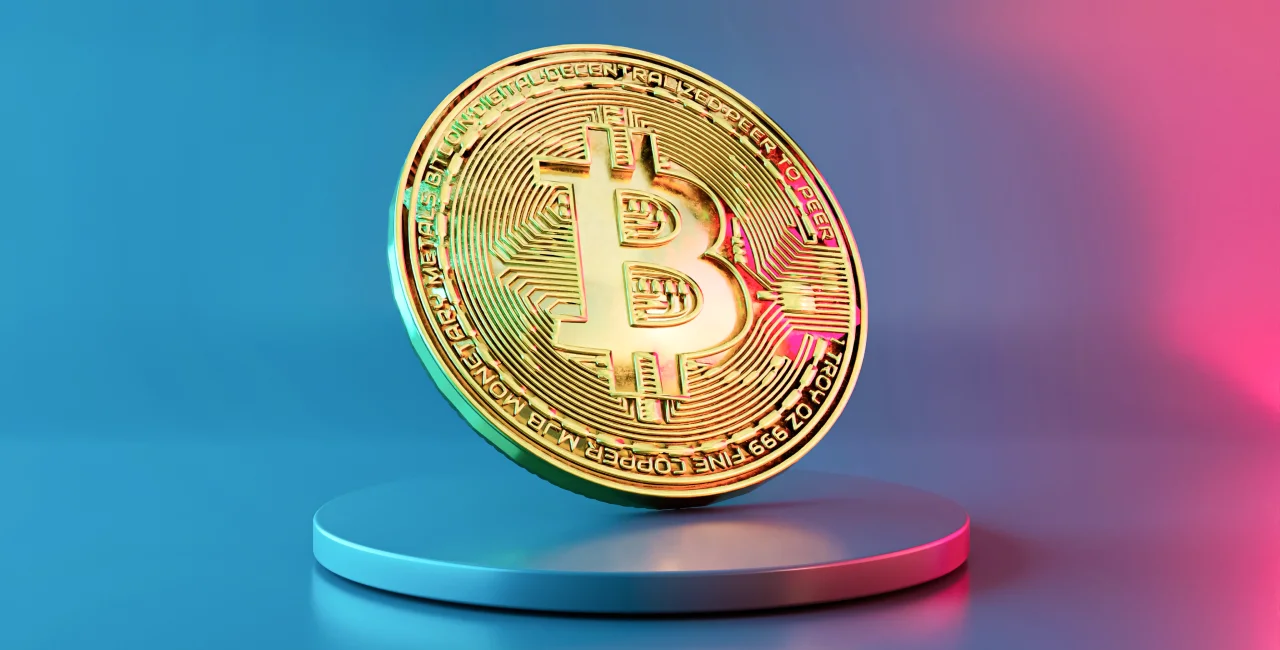In a groundbreaking move, Czechia National Bank (CNB) governor Aleš Michl has proposed using billions of euros from the country’s foreign reserves to invest in the Bitcoin cryptocurrency.
The investment would make Czechia the first Western central bank to hold crypto assets in history. At a time when a surging amount of people in the country are investing in crypto amid a bull market, the announcement has garnered global media attention.
Capitalizing on growth
Speaking to business site Financial Times, Michl considers investing up to 5 percent of the country’s EUR 140 billion (about CZK 3.5 trillion) foreign exchange reserves into Bitcoin, which has skyrocketed in value by almost 50 percent—from USD 68,317 to USD 102,000—since American President Donald Trump’s November 2024 election victory.
Michl acknowledged the risks of investing in Bitcoin—the world’s first and best-known cryptocurrency—noting its notorious volatility and relatively short track record. However, he simultaneously pointed to growing investor interest, including the launch of Bitcoin exchange-traded funds (ETFs) by major finance firms like BlackRock in 2023.
Aleš Michl speaking to the Financial Times“Of course, if you compare my position with other bankers, then I’m the one entering the jungle—or I'm the pioneer."
Michl told the Financial Times: “For the diversification of our assets, Bitcoin seems good." He also noted that the increasing interest in cryptocurrencies was driven in part by political factors, citing a new digital asset stockpile working group in the U.S. under Trump’s presidency.
“Those guys [Trump’s cabinet] can now kind of create a kind of bubble for Bitcoin, but I think the trend would be an increase anyway, because it’s an alternative [investment] for more people,” he added.
Historically, central banks have kept their reserves in traditional, stable assets like U.S. Treasuries and high-quality bonds. A few have ventured into equities, but few have publicly explored cryptocurrency investments. European Central Bank (ECB) officials have previously dismissed Bitcoin, calling its fair value “zero” and rejecting it as both a means of payment and an investment.
Czechia's crypto boom
Michl’s proposal comes at a time when the Czech Republic’s own cryptocurrency market is experiencing rapid growth. According to data from Anycoin, the country’s largest cryptocurrency exchange, Czechs traded over CZK 10 billion worth of cryptocurrencies in 2024—more than double the rate of 2022 and 2023, according to Czech media.
On a global level, 2024 saw the cryptocurrency market experience significant growth compared to 2023. The total market capitalization nearly doubled, reaching approximately USD 3.9 trillion (CZK 94 trillion) by the end of last year.
The exchange, which saw its turnover nearly triple last year, reports that Bitcoin made up more than half of the total trading volume. At the moment, every second crypto coin sold on Czech markets is Bitcoin.
Marek Kyrsch, co-founder of Anycoin, explained that the market for cryptocurrencies in the Czech Republic has also expanded beyond early tech enthusiasts and freedom advocates to include individuals seeking to diversify their investment portfolios.
Despite the crypto market’s rapid expansion, the CNB’s proposal to invest in Bitcoin is far from a reality. Michl has been clear about the possibility of the investment turning worthless; he drew parallels with past financial bubbles, such as the 2000s collapse of Enron (an energy-trading and utility company).
Michl said any large investment by a central bank into Bitcoin could in itself impact the coin’s price, driving the price ever-higher—and perhaps even making cryptocurrency mainstream in the second half of this decade.












 Reading time: 3 minutes
Reading time: 3 minutes 






























